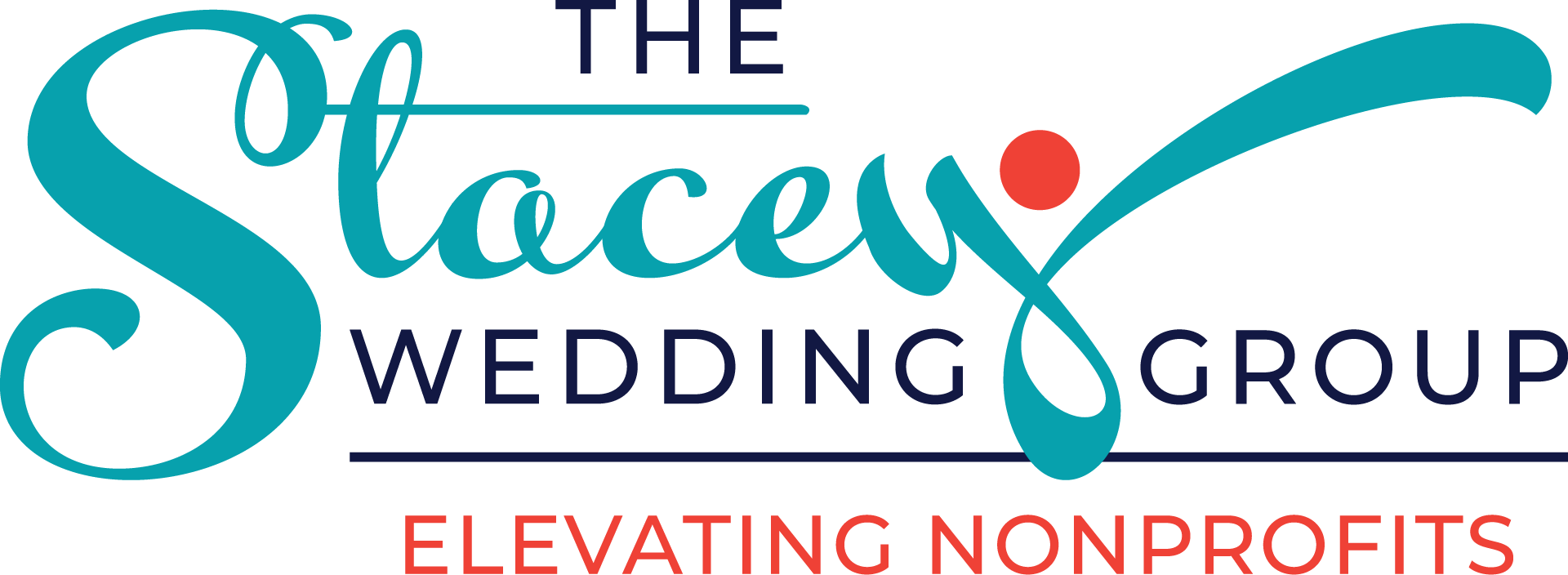When you search for “vulnerability and nonprofits” on the Internet, there are a number of articles that pop up. Most of these have to do with risk management or financial vulnerability. Those are certainly two important topics for all nonprofits to consider, and it’s also a limited perspective on a pretty deep topic. When you think of vulnerability, what comes to mind? For the PiP team, vulnerability can mean standing up for something when nobody else around you is in agreement. It can mean taking a leap of faith in someone or something. It can mean sharing our fears, mistakes, and dreams. Whatever vulnerability looks like to you, is it so bad? After all, isn’t it a critical part of the human connection?
Recently, an Executive Director of a small nonprofit shared his woes about a funder he was worried about letting down. On the bright side, his organization got a grant that others only dreamed of. On the not so bright side, he quickly realized he’d not be able to implement or fully spend the grant in the required timeframe. This is certainly not a situation any of us wants to find ourselves in, and yet it’s more common than people think. But for some reason, it’s something we just don’t talk about. The PiP team appreciated him putting his trust in us and sharing the dilemma. At the end of the conversation, our biggest piece of advice was to be transparent and honest. To communicate with the funder sooner rather than later about the implementation challenges and some potential solutions. And here’s the happy ending to the story: the Executive Director followed our advice and did just that…and guess what? It made for a stronger relationship. The funder appreciated the honesty and became a problem solving partner with the organization. We realize not every funder would do that, and we also suspect many Executive Directors wouldn’t have approached the problem so openly. Perhaps there is something we can all take from this story.
Many times, people think of being vulnerable as a weakness that people will take advantage of. The truth is, we all have moments of vulnerability. We all feel sad, hurt, happy, angry– you name it! If we are willing to be open about these feelings, “vulnerability sounds like truth and feels like courage” as author Brené Brown says in her book, “Daring Greatly: How the Courage to be Vulnerable Transforms the Way We Live, Love, Parent and Lead.” (Have we mentioned how much we love Brené Brown?!)
Vulnerability helps create stronger connections, and being connected has many benefits, both practical and healthful. When we are connected with others, we become a community. As such, we naturally support one another, helping and encouraging when needed. This works both in your personal life as well as your professional life. At work, it can bring your team together as a stronger unit, increase empathy in the workplace and show trust.
On the health side, vulnerability increases self-worth. Admitting your feelings and being open about your insecurities can actually help you get rid of those negative feelings faster. Vulnerability leads to stronger connections, which in turn leads to less loneliness. Studies have shown being less lonely can help you recover from sickness more quickly, improve your life expectancy and lower rates of anxiety.
We know it’s not easy, and we’re certainly works in progress ourselves, but perhaps now is as good a time as any to start practicing vulnerability. Want to join us?
